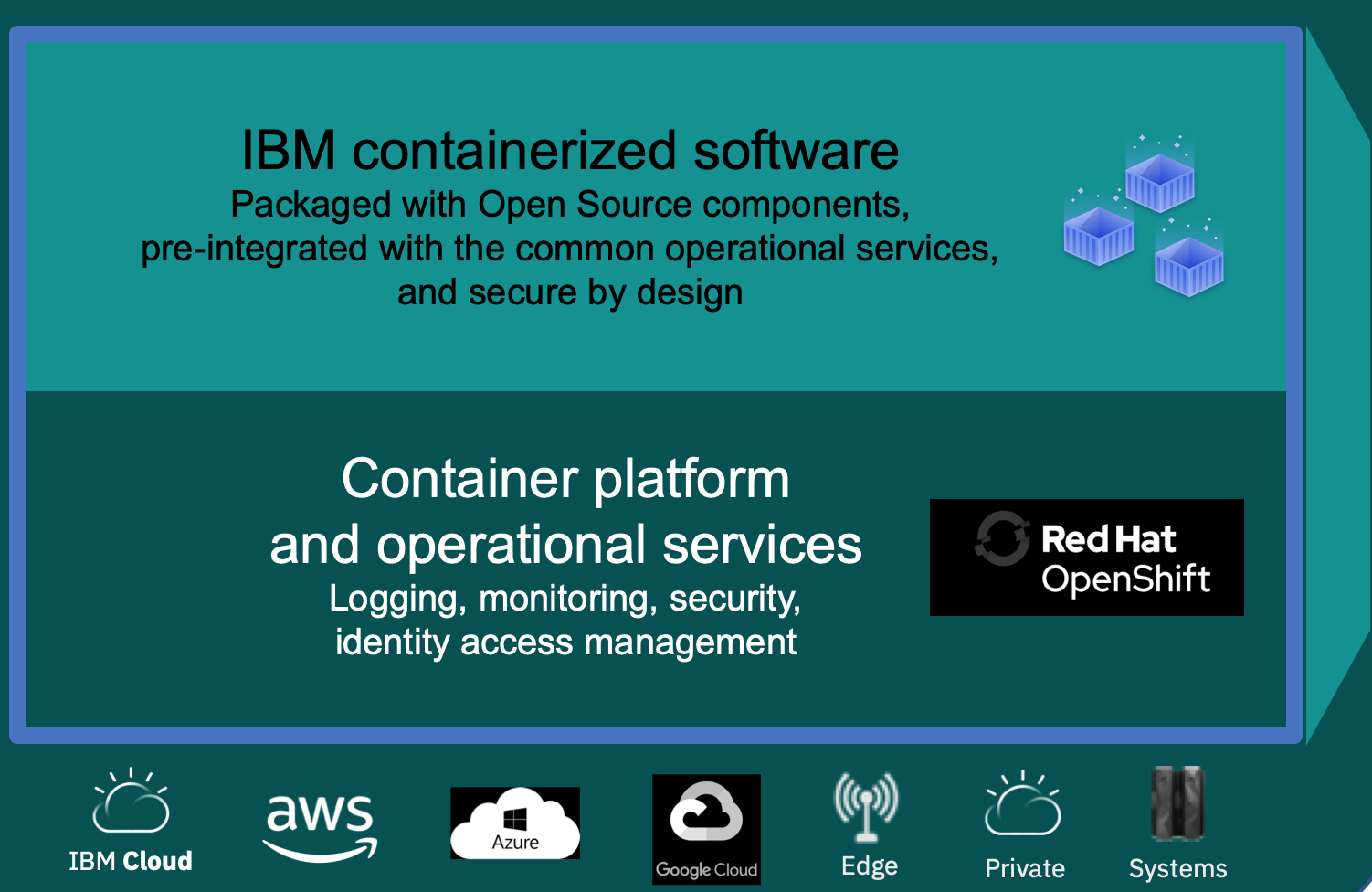


The bold organizations were building distributed environments using service-oriented architecture (SOA) and trying to implement enterprise service busses (ESBs) to facilitate application-to-application communication.

When I first started working at Dynatrace in 2011, our customers were using the Dynatrace solution to get deep end-to-end visibility into environments we now refer to as monolithic. Orchestrating the world: from pipe dream to mainstream However, these highly dynamic and distributed environments require a new approach to monitoring Kubernetes infrastructure and applications. This simplifies orchestration in cloud-native environments. It automates complex tasks during the container’s life cycle, such as provisioning, deployment, networking, scaling, load balancing, and more. Kubernetes (aka K8s) is an open-source platform used to run and manage containerized applications and services on clusters of physical or virtual machines across on-premises, public, private, and hybrid clouds. In particular, achieving observability across all containers controlled by Kubernetes can be laborious for even the most experienced DevOps teams.īut what is Kubernetes exactly? Where does it come from? What problem is it trying to solve, and how does it work? What challenges does it present, and how can you overcome them? There’s no doubt it will be the orchestration platform of choice for many enterprises as they grow their apps over the coming years.Īlthough Kubernetes simplifies application development while increasing resource utilization, it is a complex system that presents its own challenges. Since Kubernetes emerged in 2014, it has become a popular solution for scaling, managing, and automating the deployments of containerized applications in distributed environments. With apps growing larger and more complex by the day, IT teams will require tools to help manage these deployments. According to the 2020 Cloud Native Computing Foundation (CNCF) survey, 92% of organizations are using containers in production, and 83% of these use Kubernetes as their preferred container management solution. More applications now rely on containers and microservices than ever before. But these highly dynamic and distributed environments require a new approach to monitoring. Kubernetes is a popular solution for scaling, managing, and automating the deployments of containerized applications in distributed environments.


 0 kommentar(er)
0 kommentar(er)
